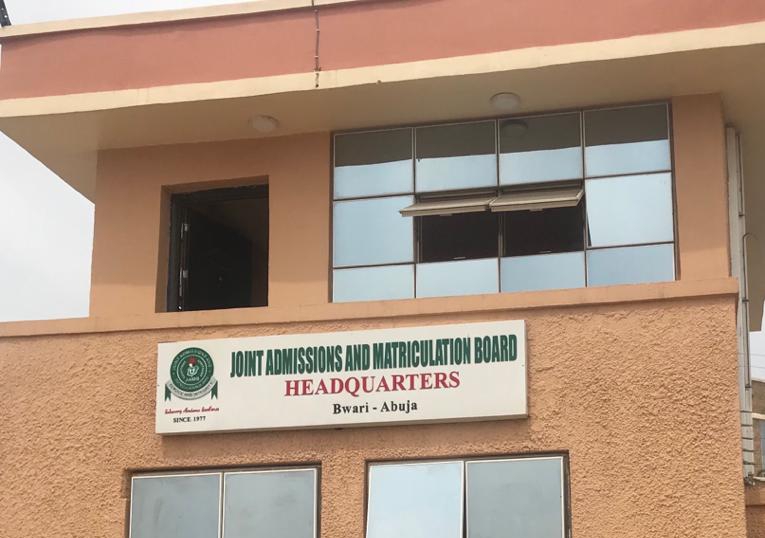Dermatologists warn Nigerians against skin bleaching
The Nigerian Association of Dermatologists (NAD), has warned Nigerians to avoid skin bleaching or skin lightening as this could lead to skin cancer, diabetes and kidney damage among others.
NAD rather enjoined Nigerians to maintain natural and clear skin, as this would make them to have that feeling of confidence and live healthy and long life.
Its President, Prof. Dasetima Altraide, stated that the use of skin bleaching products, especially those containing harmful chemicals such as mercury, arsenic, high concentrations of hydroquinone and corticosteroids pose numerous health risks and dangers to human health.
He spoke at the three-day programme to mark 19th Conference and Annual General Meeting of NAD, entitled Dermatology And Global Health, Bridging The Gap, held at Ikeja, Lagos. He added that the theme addressed the issues of skin diseases as a global priority.
Altraide, however, explained that sub-theme that were addressed at the conference included Dermatology in the Digital Age;Task Sharing for Improved Dermatology Capacity and Aesthetic Dermatology and Healthy Skin Ageing among others.
He noted that the pre-conference workshop focused on aesthetic dermatology as this part of the dermatology has been taken over by quacks in spite of all the efforts of the members of the association.
Altraide noted the members of the association, need to work hard in conjunction with regulatory bodies and the Nigerian Medical Association (NMA), in order to stop the practices of quacks in dermatology and Nigeria health sector at large.
He explained the association has continued to grow in strength with increasing numbers of dermatologists completing their sub-specialist trainings and the dermatologists have been admitted as fellows in both the West African College of Physicians and the National Post Graduate Medical College of Nigeria. “Since our last meeting in Kano State, in June 2024, we have admitted a lot of fellows into the association”.
Dermatologist, at the Department of Medicine, College of Medicine, University of Lagos and Chairman local organizing committee Dr. Ayesha Akinkugbe, said the NAD this year conference is proudly hosted by Lagos State, adding that this year’s conference is meanly virtually.
She noted that the last time Lagos hosted the conference was in 2019, adding that little did we know then that the world was on the cusp of a major shift. The emergence of the COVID-19, pandemic in 2020 disrupted life, as we knew it, altering our personal and professional realities.
Akinkugbe said yet, in the midst of the crisis, we witnessed a silver lining, as seen in the rapid acceleration and adoption of digital technology. Across the globe, mankind adopted and the walls of geography began to crumble.
She said meetings, consultations, and even entire conferences suddenly held virtually, bringing the association closer in ways we had not previously imagined. “It is on this very premise of adaptability and progress that this year’s confidence stands”.
She said the association has been making efforts tirelessly, to create awareness about the dangers skin bleaching through newspaper publications, television programmes and radio jingles among others to educate members of the public especially at the grassroots level.
The Chairman said there is alarming rate of skin bleaching at which this harmful practice is becoming more prevalent. There is deep concern about the growing trend and the cultural pressures that may be driving individuals to lighten their skin. It underscores the need for national and continental efforts to educate people on the dangers of skin bleaching and to promote healthier beauty standards.
She said using skin bleaching products could have serious health risks, both short-term and long-term. These include skin damage, as many bleaching agents contain harmful chemicals like hydroquinone, mercury, and corticosteroids, which can lead to skin rashes, and severe irritation. “Increased risk of skin cancer, prolonged use of certain bleaching agents may increase the skin’s vulnerability to UV radiation, leading to a higher risk of skin cancer”.













